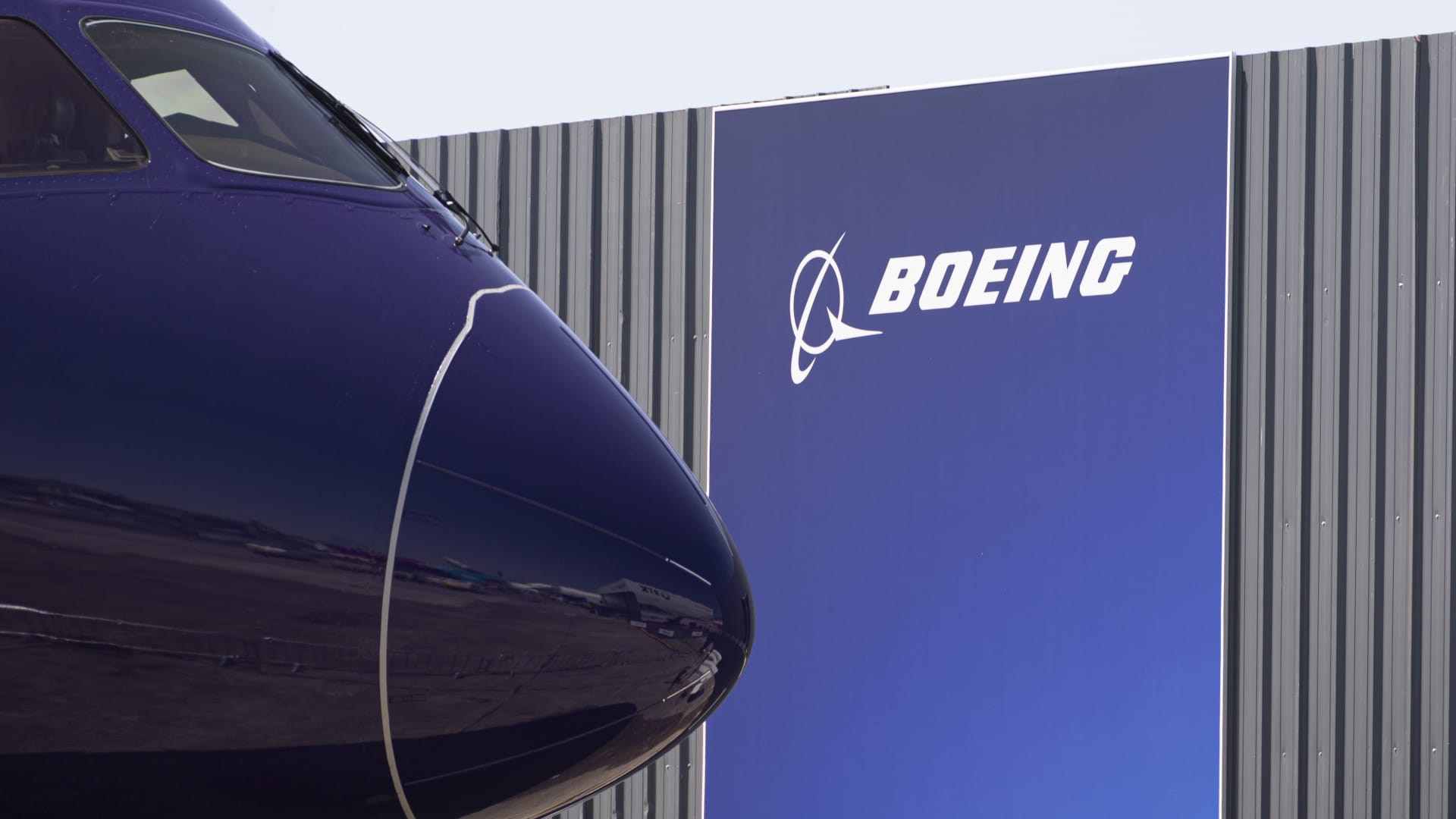The financial services firm Charles Schwab reported last month that IPOs are on the comeback across multiple sectors of the market. “After a long dry spell, there are signs of life in the initial public offerings space,” Charles Schwab said in June. “An increase in offerings can sometimes suggest an improvement in overall market sentiment.”

Firefly Aerospace started as a propulsion company. This image released by Firefly earlier this year shows the company’s family of engines. From left to right: Miranda for the Eclipse rocket; Lightning and Reaver for the Alpha rocket; and Spectre for the Blue Ghost and Elytra spacecraft.
Firefly is eschewing a SPAC merger in favor of a traditional IPO. Another space company, Voyager Technologies, closed an Initial Public Offering on June 11, raising nearly $383 million with a valuation peaking at $3.8 billion despite reporting a loss of $66 million in 2024. Voyager’s stock price has been in a precipitous decline since then.
Financial information disclosed by Firefly in a regulatory filing with the Securities and Exchange Commission reveals the company registered $60.8 million in revenue in 2024, a 10 percent increase from the prior year. But Firefly’s net loss widened from $135 million to $231 million, largely due to higher spending on research and development for the Eclipse rocket and Elytra spacecraft.
Rocket Lab, too, reported a net loss of $190 million in 2024 and another $60.6 million in the first quarter of this year. Despite this, Rocket Lab’s stock price has soared for most of 2025, further confirming that near-term profits aren’t everything for investors.
Chad Anderson, the founder and managing partner of Space Capital, offered a “gut check” to investors listening to his quarterly podcast last week.
“90 percent of IPOs that double on day one deliver negative returns over three years,” Anderson said. “And a few breakout companies become long-term winners… Rocket Lab being chief among them. But many fall short of expectations, even with some collapsing into bankruptcy, again, as we’ve seen over the last few years.
“There’s a lot of excitement about the space economy, and rightly so,” Anderson said. “This is a once-in-a-generation opportunity for investors, but unfortunately, I think this is going to be another example of why specialist expertise is required and the ability to read financial statements and understand the underlying business fundamentals, because that’s what’s really going to take companies through in the long term.”















Leave a Reply